A Search for Long-Period Transiting Exoplanets with TESS and CHEOPS
- 1University of Cambridge, Cambridge, UK (alt59@cam.ac.uk)
- *A full list of authors appears at the end of the abstract
Detecting exoplanets via the transit method is inherently biased towards short-period planets. Due to the nature of its observing strategy, the Transiting Exoplanet Survey Satellite (TESS) is particularly susceptible to this detection bias; only 12% of planets confirmed by TESS have orbital periods longer than 20 days. It’s crucial that we expand this sample of long-period planets to gain a more complete view of the exoplanet population. One way to do this is using duotransits - planet candidates with two observed transits separated by a large gap, typically two years. The true period of the duotransit is unknown, instead they have a discrete set of possible period aliases. We use these aliases to perform targeted follow-up of the duotransit with the CHaracterising ExOPlanets Satellite (CHEOPS), to recover the true period and ultimately confirm the planet. This allows us to find longer-period planets than are typically found by the TESS mission alone. To select the optimal targets for our CHEOPS follow-up we have developed a specialised pipeline that searches for duotransits in the TESS data. We will present this duotransit pipeline and the results from our CHEOPS follow-up program so far. We have discovered 10 long-period exoplanets, including two planets in the TOI-2076 system, all of which have P > 21 days, RP < 5 REarth and Gaia magnitude < 12. Previously there were only 8 exoplanets discovered by TESS in this exciting parameter space, so our work has more than doubled the sample. These small, long-period transiting exoplanets are amenable to radial velocity follow-up and future atmospheric characterisation with the recently launched James Webb Space Telescope (JWST).
Please see members here - https://cheops.unibe.ch/
How to cite: Tuson, A. and the CHEOPS Consortium: A Search for Long-Period Transiting Exoplanets with TESS and CHEOPS, Europlanet Science Congress 2022, Granada, Spain, 18–23 Sep 2022, EPSC2022-499, https://doi.org/10.5194/epsc2022-499, 2022.

